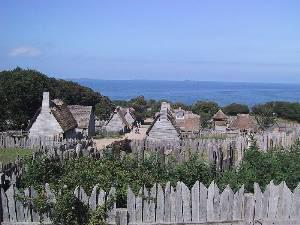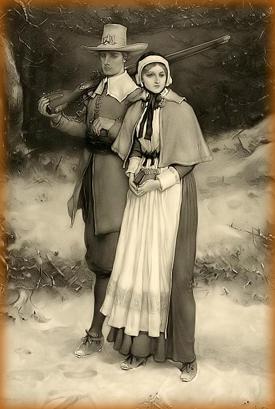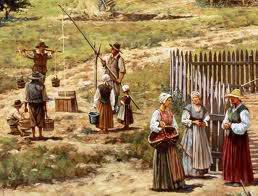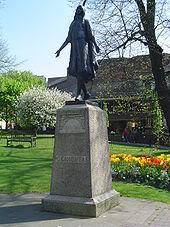First of the New England Colonies Plymouth Colony Begins The people we know as the Pilgrims have become so surrounded with legends and tales that we tend to forget that they were real people – but they were placed in extraordinary situations. And yes, they did wonderfully brave things. Basically, they were English people who had suffered persecution in their homeland, and were searching for a place where they could worship God as they chose. On December 20, 1620, the Pilgrims dropped anchor in Plymouth Harbor. The spot they chose had been named “Plimouth” on a 1614 map made by Captain John Smith, and thus it was named. The men spent three days surveying for a settlement site. They finally…




